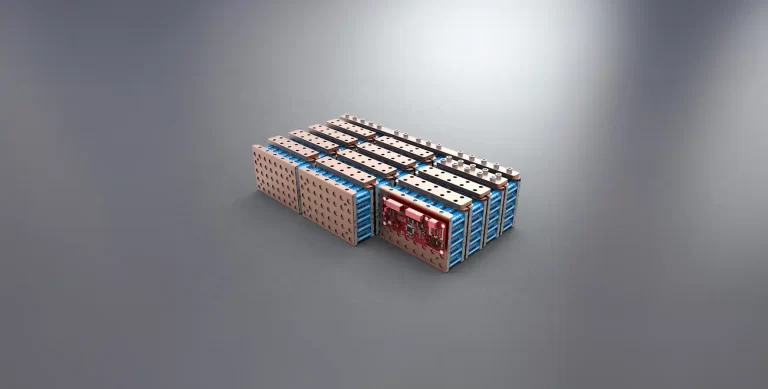Table of Contents
The Benefits of Professional Production of Lithium Batteries for Industrial Applications
The use of lithium batteries for industrial applications has become increasingly popular in recent years due to their superior performance and reliability. Professional production of lithium batteries offers a number of advantages over traditional battery production methods, making them an ideal choice for industrial applications. One of the primary benefits of professional production of lithium batteries is their superior energy density. Lithium batteries are capable of storing more energy than traditional lead-acid batteries, allowing them to power industrial applications for longer periods of time. This increased energy density also allows for smaller, lighter batteries, which can be beneficial in applications where space is limited. Professional production of lithium batteries also offers improved safety. Lithium batteries are designed to be more resistant to short-circuiting and other potential hazards, making them a safer choice for industrial applications. Additionally, lithium batteries are less prone to thermal runaway, a condition in which the battery overheats and can cause a fire. Finally, professional production of lithium batteries offers improved performance. Lithium batteries are capable of providing higher levels of power and can be recharged more quickly than traditional lead-acid batteries. This improved performance can be beneficial in applications where power needs to be delivered quickly and efficiently.The Latest Developments in Professional Production of Lithium Batteries for Consumer Electronics
The development of lithium batteries for consumer electronics has been a rapidly evolving field in recent years. As the demand for more powerful and efficient batteries increases, manufacturers have been working to develop new technologies to meet these needs. In this article, we will compare the latest developments in professional production of lithium batteries for consumer electronics. The first development is the use of advanced materials. Manufacturers are now using materials such as graphene, silicon, and nanowires to create more efficient and powerful batteries. These materials are able to store more energy than traditional materials, allowing for longer battery life and higher power output. Additionally, these materials are more durable and can withstand higher temperatures, making them ideal for use in consumer electronics.| Products | Voltage | Capacity | Application |
| 11.1V Lithium battery pack | 11.1V | 10Ah-300Ah | Electric bicycle |
| 12.8V Lithium battery pack | 12.8V | 10Ah-300Ah | Electricity / Equipment / Car start |
| 22.2V Lithium battery pack | 22.2V | 50~300Ah | Lamp / Light / Insecticidal lamp / Solar light |
| 25.6V Lithium battery pack | 25.6V | 100~400Ah | Car / Power Equipment / Touring car / Stored energy |
 The third development is the use of advanced testing and safety protocols. Manufacturers are now using advanced testing methods to ensure that their batteries are safe and reliable. This includes testing for temperature, voltage, and current, as well as testing for any potential safety hazards. Additionally, manufacturers are now using safety protocols to ensure that their batteries are not overcharged or discharged, which can lead to dangerous situations.
Overall, the latest developments in professional production of lithium batteries for consumer electronics have been impressive. Advanced materials, manufacturing techniques, and testing protocols have all contributed to the development of more efficient and powerful batteries. As the demand for more powerful and efficient batteries continues to grow, manufacturers will continue to develop new technologies to meet these needs.
The third development is the use of advanced testing and safety protocols. Manufacturers are now using advanced testing methods to ensure that their batteries are safe and reliable. This includes testing for temperature, voltage, and current, as well as testing for any potential safety hazards. Additionally, manufacturers are now using safety protocols to ensure that their batteries are not overcharged or discharged, which can lead to dangerous situations.
Overall, the latest developments in professional production of lithium batteries for consumer electronics have been impressive. Advanced materials, manufacturing techniques, and testing protocols have all contributed to the development of more efficient and powerful batteries. As the demand for more powerful and efficient batteries continues to grow, manufacturers will continue to develop new technologies to meet these needs.





